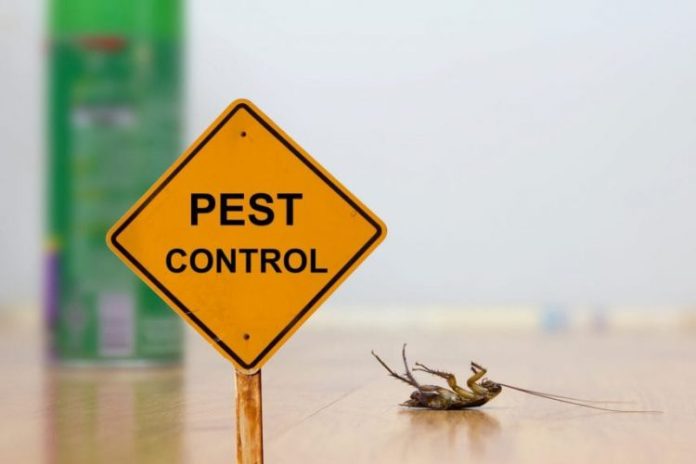There are so many things we should all get rid of and keep away and pests are definitely on the top of the list. It’s plain and simple: pests are nuisances.
Unfortunately, making pests go away entails more than just cleaning the home and surroundings. In fact, even the cleanest and tidiest of households could still be invaded by pests although the number may be lesser. One should know some types of pests are not always after dirt or grime. Others are simply attracted to the presence of warmth and food.
Moreover, pests gain access to our homes through us ourselves. If we constantly travel or stay in hotels during trips, it’s very much likely that we could get bugs and unknowingly bring them home in our return back home. Understandably, we usually cringe at the thought of those creepy-crawlies living inside our own bedroom and our first reaction would be to eliminate them as quickly as we can. In our desperate desires to get rid of those annoying critters, the temptation is to resort to DIY treatments.
Adverse Effects of DIY Pest Control
As grocery shelves provide a wide variety of insect killers, homeowners become even more lured to purchase these over-the-counter pesticides without knowing the risks the go with using them at home. It is a good thing that as homeowners we do our share of responsibility to keep pests at bay by taking preventive measures. However, DIY methods involving the application of chemicals within the premises of our household where children, pets, and other people are present can be a dangerous thing. Here is why:
DIY treatments can post health hazards.
The number consequence of using home pesticides without proper guidance or precautions is health risks. It’s a common scenario that people directly spray insecticides on the pests they see without taking the time to read the instructions written at the back of the packaging. Worse, we tend to think that twice is more or much better. So, we apply chemicals more than what’s necessary thinking it speeds up the effects of the insecticides. THIS IS WRONG. Doing this will only endanger those who are nearby. When not used properly, pesticides could contaminate our food and water. It could also be dangerous once a huge amount of chemicals is inhaled. Moreover, there have been incidents where people accidentally burnt down their property as a result of using highly inflammable DIY pest control.
DIY methods can be harmful to the environment.
Every state has certain regulations to follow when it comes to the application of chemicals for pest control or removing pests such as bees and wasps. Pest control companies are even aware of these state laws. If you are tempted to take matters into your own hands, you must at least ask advice or assistance from a pest control professional. Inappropriate use of pesticides and other home remedies for pests can negatively affect the environment. First, DIY pest control may result in contamination of your water supplies. Second, some of the chemicals may leak and contaminate your soil where your home grown crops and vegetables are.
DIY pest control, when used improperly, causes major damage that can be very costly.
Inaccurate use of pest control methods is an expensive mistake a homeowner can make. Instead of solving the problem, you’ll end up causing more harm than good. When help from the professionals finally arrives, you’ll be surprised at what you have to pay for the escalated damage. Pest control, particularly for severe infestations, should always be entrusted to the hands of experts. Bed bug removal, for instance, is something only licensed technicians can perform.
The right thing a homeowner should do when faced with serious pest problems and even when suspecting a pest infestation, is calling a pest control professional. Licensed service providers can see more than what meets the eye. They can determine the extent of the pest problem and know exactly what to do about it—from the method to be utilized, the products or equipment to be used, amount of chemicals to be applied (only when necessary), and other necessary precautions to be taken. One thing homeowners must bear in mind is that not all DIY procedure works. They may be effective but only for a short time and the solution may also just be the tip of the iceberg. It all boils down to consulting a pest control expert first before resorting to DIY pest control.
Apart from this if you are interested to know more about DIY pest control vs. professional Pest Control then visit our Pest control category

















